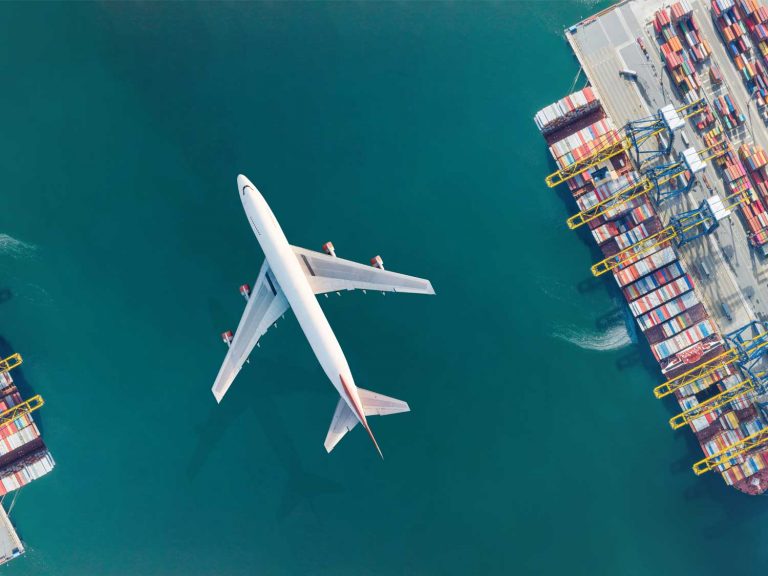
Date:
State of the air freight market
The effective closure of the Red Sea and the Suez Canal to container ships is adding around two weeks to supply chain transit times and creating a backlog of manufacturing components, late shipments and inventory replenishment, with critical consignments reliant on air solutions. While Iran’s attack on Israel has led to major carriers rerouting or cancelling flights and causing potential bottlenecks and price hikes.
Traffic ex-South Asia has been particularly driven by the Red Sea push to air, with spot rates climbing significantly.
Contributing significantly to demand has been a massive spike in eCommerce volumes out of China, which is pushing prices well above typical levels for non-peak periods.
Average spot prices to North America have nearly doubled since mid-December, while Europe rates have climbed over 120%.
The eCommerce spike has seen Heathrow (LHR) imposing restrictions on ad-hoc freighters and charters from Shanghai, which has resulted in diversions to alternative gateways, including Birmingham International, with at least one charter operator transferring their slots away from LHR to Birmingham (BHX).
Traffic ex-South Asia has been particularly driven by the Red Sea push to air, with spot rates climbing significantly. Average spot prices to North America have nearly doubled since mid-December, while Europe rates have climbed over 120%.
The recent loosening of US restrictions on the number of weekly flights to the US allotted to Chinese carriers will increase China to US air capacity and could ease some pressure on rates.
The closure of Iranian airspace, due to safety concerns, following Iran’s attack on Israel has led to major carriers rerouting or cancelling flights and causing potential bottlenecks and price hikes for shipments from India.
Carriers operating to Europe are using alternative routes; primarily through Turkey and Azerbaijan, for Middle-East and Chinese carriers or via Egypt and Saudi Arabia for European/Western carriers. While major carriers, including Air India, Emirates, Qatar Airways and Lufthansa Cargo are temporarily suspending flights to Israel and other affected destinations.
The need to carry (and buy) additional fuel for the extended flights means that there will be a payload impact to passenger flights operating from India to Europe and vice versa, as they will need to significantly restrict the cargo payload, which reduces capacity and increases cost.
The seizure of the MSC Aries by Iran in the Strait of Hormuz raises concerns about the accessibility of the Dubai port, a crucial hub for sea-air transshipments, because if Hormuz is considered a high-risk area, it could mean sea-air shipments being diverted to alternative hubs like Colombo or Bangkok.
Whether rates will soften, or supply vs demand become an issue in the next quarter and beyond depends on world geopolitical events improving, the Red Sea re-opening up and no other global crisis occurring.
If there are no further global events then the market is very likely to soften, however, if the Israeli/Iran situation deteriorates airspace could be closed for the foreseeable future and that will cause huge issues to all logistics activities including airfreight, sea/air, ocean and rail.
For urgent, valuable and sensitive shipments we have a range of airfreight and sea/air solutions, with block space agreements (BSA) and capacity purchase agreements (CPA) that protect space and capacity on the busiest routes.
Regardless of your cargo type, size and requirements, we have extremely competitive rate and service combinations, to meet every deadline and budget.
EMAIL Elliot Carlile, Operations Director, for insights, prices and advice.
